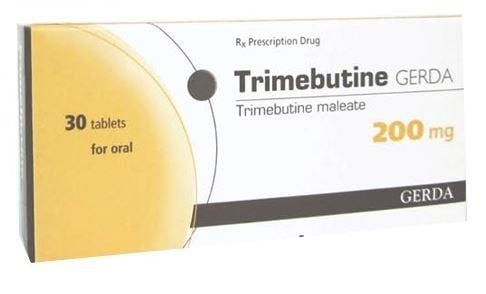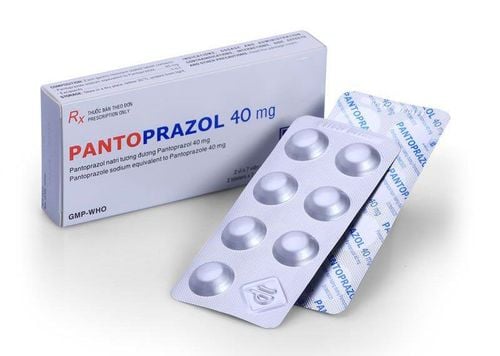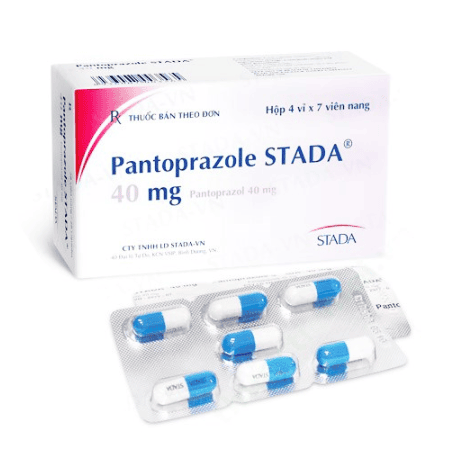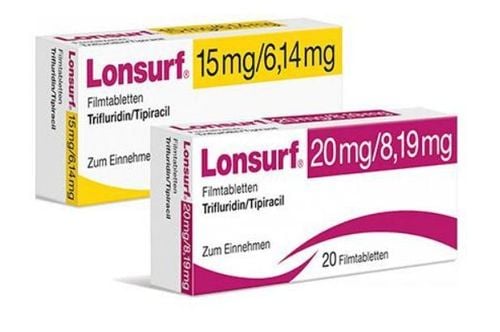This is an automatically translated article.
The article was professionally consulted with Master, Doctor Vu Van Quan - Gastroenterologist - Department of General Surgery & Anesthesia - Vinmec Hai Phong International General Hospital.After surgery, perform gastrectomy due to peptic ulcer disease, if you recover as usual, you can be discharged after 5-7 days. But there are some complications that occur, if not detected in time, will cause serious effects.
1. Some common early complications after gastrectomy
Bleeding after surgery: common in the first 24 hours after surgery Incision bleeding: Blood soaked in bandages can be covered with compression bandages or enhanced stitches that can be resolved. Bleeding at the anastomosis: There are a number of causes such as: Insufficient hemostasis or due to tight ligation at the time of surgery (because blood pressure is often low), then bleeding again. Remaining ulcer on the stomach side has not been removed. The duodenal ulcer left in surgery could not remove the duodenal ulcer. Pathophysiological causes: Pancreatic fluid has the ability to induce and sustain bleeding (Dalannoy), bile, duodenal fluid in contact with sutures may produce noncoagulation factor causing bleeding (Reymond J.C.) . Improper way of suturing the joint. Bleeding in the abdomen, which can be caused by a number of reasons: Due to slippage of the major blood vessels. Due to damage to the spleen when releasing the great curvature, when pulling on the valve causes trauma, at the end of the surgery, wiping at the splenic fossa causes damage to the spleen... Obstruction of the anastomosis Due to the suture technique narrowing the loop or next strap. Due to twisting and twisting the anastomosis at the end of the surgery without knowing it. Due to dysfunction of the nervous system. Joint Leakage Due to the stitching technique, the joint is not closed. Ischemia at the anastomosis due to vascular ligation or suture technique. Body condition is not good, malnourished, exhausted. Severe infection after surgery: subdiaphragmatic abscess... Duodenal fistula: A common complication, very serious, seen on 4-7 days after surgery. Due to the surgical technique, the ulcers are deep and dissected, causing damage to the organization and loss of nourishment. Due to damage to the pancreatic duct, pancreatic juice leaks destroy duodenal tissue. Due to infection and malnourished state. Causes of the anastomosis and the afferent loop cause stasis in the afferent loop. Injury to the bile ducts: These are undetected surgical complications that become complications.
2. Some late complications after peptic ulcer surgery
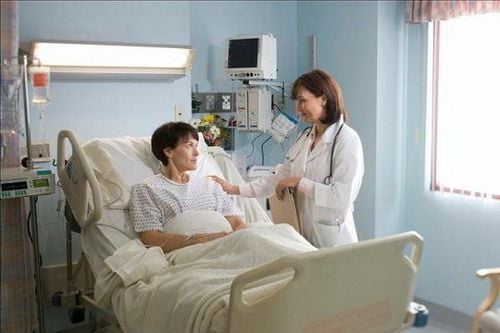
2.1. Local complications stomatitis: The patient appears intermittently with dull pain, nausea or after eating a certain food, the pain has an increased burning nature. Taking antibiotics relieves the pain. If the inflammation recurs many times, it will lead to ulcers. Oral ulceration: Found in both Billroth I or II connection types. The incidence is about 2 - 3%. Less than 2/3 of the stomach is removed, and the gastric mucosa remains. Incorrect or incomplete resection of the X nerve. Duodenal resection above the pylorus, the duodenal process closed with the antrum mucosa. Because the gout only does not digest the infected mouth area. Due to pancreatic tumor in Zollinger-Ellison syndrome. Auxiliary loop syndrome: The complications that occur in relation to the afferent loop are collectively known as claudication syndrome, but they actually have different forms. Intussusception: A rare complication. Patients may have epigastric pain, vomiting, sometimes vomiting blood. After vomiting, the patient felt light and comfortable, with less tension in the epigastrium. Internal hernia: Common in Billroth II anastomosis. The loop of bowel herniated posteriorly to the anastomosis, lying between the anastomosis and the transverse colon in an anterior-anterior anastomosis. Detection of the disease is often late, patients have paroxysmal pain from the 3rd to 6th day after surgery, abdominal fullness, ie in the epigastrium, discomfort, possibly vomiting or nausea. Diagnosis is confirmed by X-ray. 2.2. Systemic complications Dumping syndrome
Superfoods enter the jejunum too quickly, disrupting the absorption process. The mouth is wide, the loops are dilated, increasing the rate of serotonin. Chronic diseases : tuberculosis , mental disorders ... Worms crawling into the stomach
This is a physiological change related to gastrectomy . After gastrectomy, the acidity of the gastric juice is reduced, the pyloric muscle is lost, making it easier for roundworms to enter the stomach. This is a characteristic of tropical patients. The percentage is 70%. Therefore, after surgery, it is necessary to periodically deworm and maintain hygiene.
Disorders of absorption of fat, sugar, protein, vitamins
These disorders all stem from too fast food circulation into the small intestine.
3. Factors affecting gastric bypass surgery
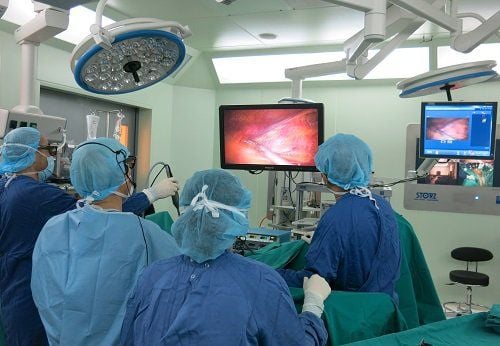
Post-operative complications in addition to the patient's physical problems, the doctor's skill and technical technology play a very important role. Complications due to the influence of stitches and incisions are the direct cause of the low skill level of the doctor. At Vinmec Hai Phong, this method is performed by Dr. Vu Van Quan, a doctor with more than 10 years of experience in digestive surgery, well-trained in laparoscopic surgery techniques. The success rate of treatment cases at Vinmec is up to more than 95%.
Patients who have surgery at the Department of Surgery, Vinmec Hai Phong Hospital enjoy outstanding benefits including:
Short hospital stay, minimizing the cost of stay, reducing the risk of hospital infections. With cases of lithotripsy, inguinal hernia, customers can always go to work after 1 day of discharge from the hospital. Limit the use of antibiotics, reduce the risk of side effects, save costs, patients do not have to worry, fear when administering antibiotics and follow up after taking the drug. Recovery rate reached 90%, re-hospitalization 0%, postoperative infection 0%. The Early Post-Surgery Care Program provides comprehensive care to patients before, during and after surgery, helping to reduce hospital stay, improve treatment quality and reduce costs; reduce the rate of complications. ERAS has been shown to shorten the average length of stay from 8-10 days to 3-4 days. Insurance: Vinmec signed with many large private insurance partners. When customers are hospitalized, they are guaranteed and compensated at the hospital. Save a lot of customer's time and effort. Other advantages : Modern equipment; Service quality according to international standards; Highly qualified doctor; Patients do not need relatives to take care of them because they are cared for by a dedicated and thoughtful nursing doctor...
Please dial HOTLINE for more information or register for an appointment HERE. Download MyVinmec app to make appointments faster and to manage your bookings easily.






